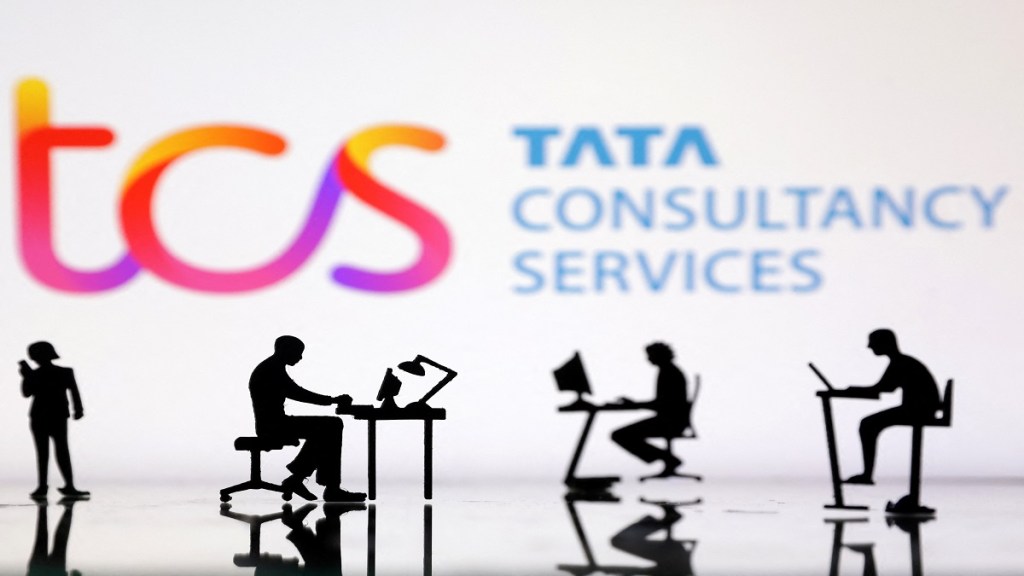A fall in attrition and recalibration of hiring led to a negative net headcount addition for IT bellwether Tata Consultancy Services (TCS) in the second quarter, even as it continues to onboard trainees. The Tata group company expects attrition, which is now at 14.9%, to reach its benchmark levels of 11-14% in the next quarter. This would be driven by the job market situation, TCS executive vice president and chief human resources officer Milind Lakkad told FE’s Rajesh Kurup in an interview. The company, which completed an investigation into the bribes-for-job scam, takes back a lot of learnings from that process. Excerpts:
In Q2, TCS’ employee headcount fell by 6,333 to 608,985. Why?
We have been investing in our campus talent for the last 24 months. We hired large numbers during this period and that investment is now paying off. We recalibrated our hiring numbers and these were less than the attrition we had in the quarter. This led to a negative headcount. This has everything to do with investment paying off. Our campus hiring targets are generally 40,000 a year, and we are onboarding trainees every quarter.
Your attrition has fallen to 14.9% in Q2 from 17.8% in Q1. Are you comfortable with these levels?
I believe these numbers will come down further and reach our benchmark attrition levels of 11-14%. We expect our attrition to be in that range in the next quarter. The job market situation is driving that. We had some extraordinary situations in the last 18 months, but now it is normalising.
Following the conflict, Israel is calling back its nationals to join the military. Will this impact TCS’ operations?
We have about 250 employees in Israel, which is a 50:50 mix of locals and expatriates. We’ll follow the rules of the land.
What are the key learnings from the probe into the bribes-for-job scam?
There are learnings from process, technology usage and people standpoints, and we are adopting all these. In some of these functions, we need to think of rotating people across roles in a more methodical way, such as from resource management to human resources, and a person not being in a role for many years.
From a technology standpoint, we have processes for governing every transaction, good analytics for patterns on where are we hiring from, which vendors are participating, we need deeper insights around that. These analytics would help in understanding the skills needed for hiring, where the operations and where the talent is coming from and other factors to determine faults. All of that we are doing, but there’s a need to do it in a much deeper way.
Are there visa issues following the India-Canada tension, and what’s the status of H1-B visas?
I do not see any material impact on immigration or business at this point in time. We have a good pool of H1-Bs available and stampings are also happening faster now, and we have enough people to send to the US.
There were reports of attrition of women rising when the hybrid model was withdrawn. How do you see this, with TCS now putting an end to WFH?
We are calling everyone for five days a week. So far, 70% of our people are back to office and we don’t see any fall in women employees. Our women associates are saying that coming back to the office is a wonderful thing, because they’re getting a break from the same routine. I don’t see any impact on women’s attrition.
On Generative Artificial Intelligence and emerging technologies, you have not been providing training for the last one year but have resumed it now?
We have been working on AI for two decades or more and have a strong practice and capability. Generative AI is something which we have taken very seriously as it’s transformational. We have already given foundational training to 100,000 people in TCS, and that number will only grow.
